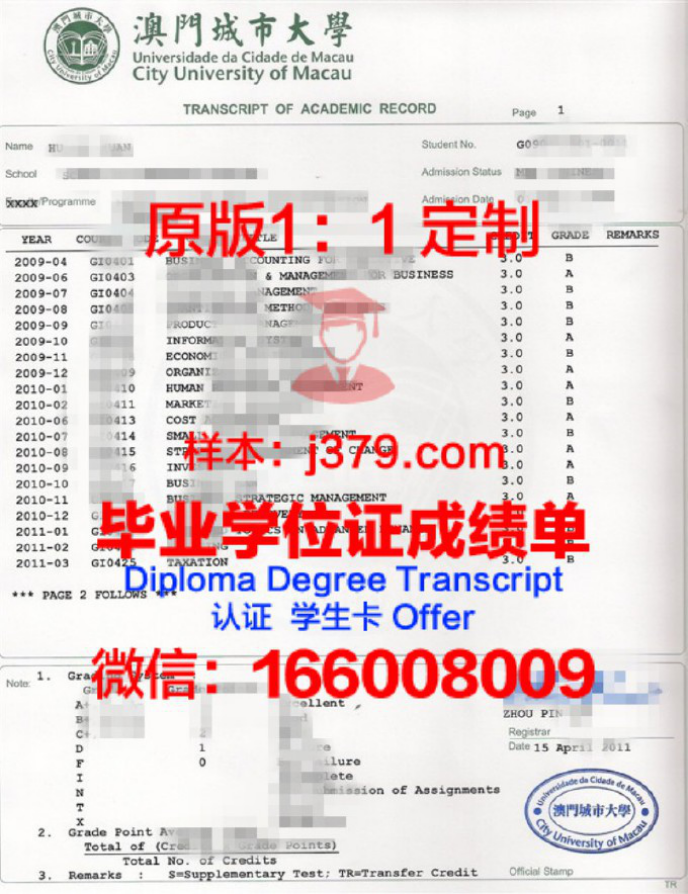
Title: Achieving a Doctorate in Agricultural Science: The Journey in English

Agricultural science, a field dedicated to the study of crop production, livestock management, and sustainable farming practices, has seen a significant growth in interest and importance in recent years. For those aiming to reach the pinnacle of their academic and professional careers in this field, pursuing a Doctorate in Agricultural Science (Ph.D.) is an essential step. This article explores the journey of obtaining a Ph.D. in Agricultural Science with a focus on the English language requirements and its significance in today's globalized world.

**The Significance of English in Agricultural Science**
English has emerged as the lingua franca of the scientific community, making it an indispensable skill for researchers, academics, and professionals in the field of agricultural science. The ability to communicate effectively in English is crucial for publishing research findings, attending international conferences, and collaborating with scientists from around the world. Therefore, a Ph.D. in Agricultural Science often emphasizes the importance of English proficiency.
**The Path to a Ph.D. in Agricultural Science**
The journey to obtaining a Ph.D. in Agricultural Science typically involves several stages:
1. **Undergraduate and Master's Degrees**: Before embarking on a Ph.D., candidates usually need to have a strong foundation in agricultural science, often achieved through an undergraduate or master's degree. These programs provide the necessary background knowledge and research skills required for advanced study.
2. **Research Proposal**: To be admitted to a Ph.D. program, candidates must submit a detailed research proposal. This proposal outlines the research questions, objectives, and methodologies they plan to explore. The ability to write a compelling proposal in English is crucial, as it serves as a testament to the candidate's research acumen and language proficiency.
3. **Coursework and Qualifying Exams**: Once admitted, Ph.D. students often take a series of courses to deepen their understanding of specific areas within agricultural science. These courses are typically taught in English, requiring students to grasp complex concepts and engage in discussions in the language.
4. **Research and Dissertation**: The core of a Ph.D. program is the research project, which culminates in a dissertation. The dissertation must be written in English and presents the research findings, methodology, and contributions to the field. It is a comprehensive document that demonstrates the student's ability to conduct original research and communicate it effectively.
**English Language Requirements**
English language proficiency is often a prerequisite for admission to a Ph.D. program in Agricultural Science. Many institutions require candidates to take standardized tests such as the TOEFL (Test of English as a Foreign Language) or IELTS (International English Language Testing System) to demonstrate their language skills. These tests assess reading, writing, listening, and speaking abilities, ensuring that students can handle the academic rigors of the program.
**The Global Impact of a Ph.D. in Agricultural Science**
A Ph.D. in Agricultural Science obtained with a strong foundation in English opens up numerous opportunities. Graduates can contribute to global agricultural development, work with international organizations, or engage in cross-cultural collaborations. The ability to publish research in English-language journals enhances the visibility and impact of their work, fostering advancements in the field.
**Conclusion**
In conclusion, a Doctorate in Agricultural Science is a challenging yet rewarding journey that requires not only in-depth knowledge of the subject but also proficiency in English. As the world becomes increasingly interconnected, the ability to communicate effectively in English is more critical than ever. A Ph.D. in Agricultural Science, especially when achieved with a focus on English, equips individuals with the skills and knowledge necessary to make significant contributions to the global agricultural community.